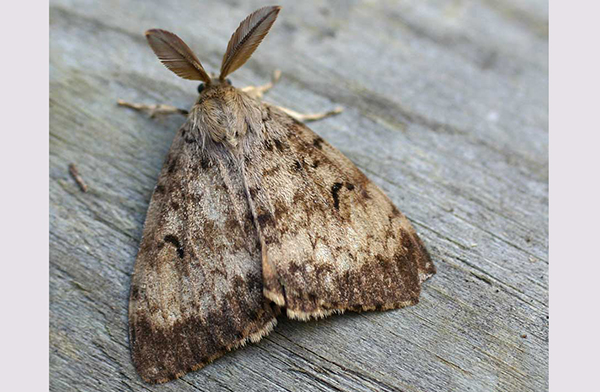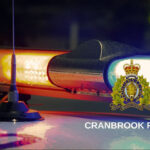Home »

Invasive spongy moth spraying planned for Cranbrook

The Ministry of Forests announced today it will conduct aerial-spray treatments in British Columbia in spring 2024 to eradicate spongy moths and minimize the risk they pose to forests, farms, orchards and trees, including in the Cranbrook area.
Invasive spongy moths (also known as Lymantria moths and formerly known as gypsy moths) pose a risk to B.C.’s ecosystems and economy. Spongy moth caterpillars feed on tree leaves. In recent years, they have defoliated sections of forests and residential areas in Ontario and the eastern United States. Untreated spongy moths risk spreading to other areas of B.C. and are a threat to urban forests and farms.
Under the direction of the B.C. Plant Protection Advisory Council’s Spongy Moth Technical Advisory Committee, the ministry plans to safely treat the following areas in the Interior and the coastal region:
* Cranbrook: 299 hectares;
* Kamloops: 80 hectares;
* West Kelowna: 52 hectares;
* Langley: 30 hectares;
* Tsawwassen: 203 hectares.
The biological insecticide used for treatment is Foray 48B. It is used in organic farming, and the active ingredient, Bacillus thuringiensis var kurstaki (Btk), is naturally present in urban, agricultural and forest soils throughout the province.
It only affects the stomachs of moth and butterfly caterpillars, and is specific to their digestive systems. The treatment has been approved for the control of spongy moth larvae in Canada since 1961, the Ministry of Forests reported.
A person wanting to contribute information about the treatment sites for the evaluation of the permit applications must send copies of the information to both the applicant and the administrator under the Integrated Pest Management Act by Feb. 21.
The pesticide-use permit application and treatment area maps are also available for viewing at the city or municipal hall, and on the website of the affected community.
Lead image: An adult male spongy moth. BC Government images
e-KNOW







